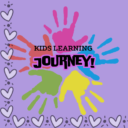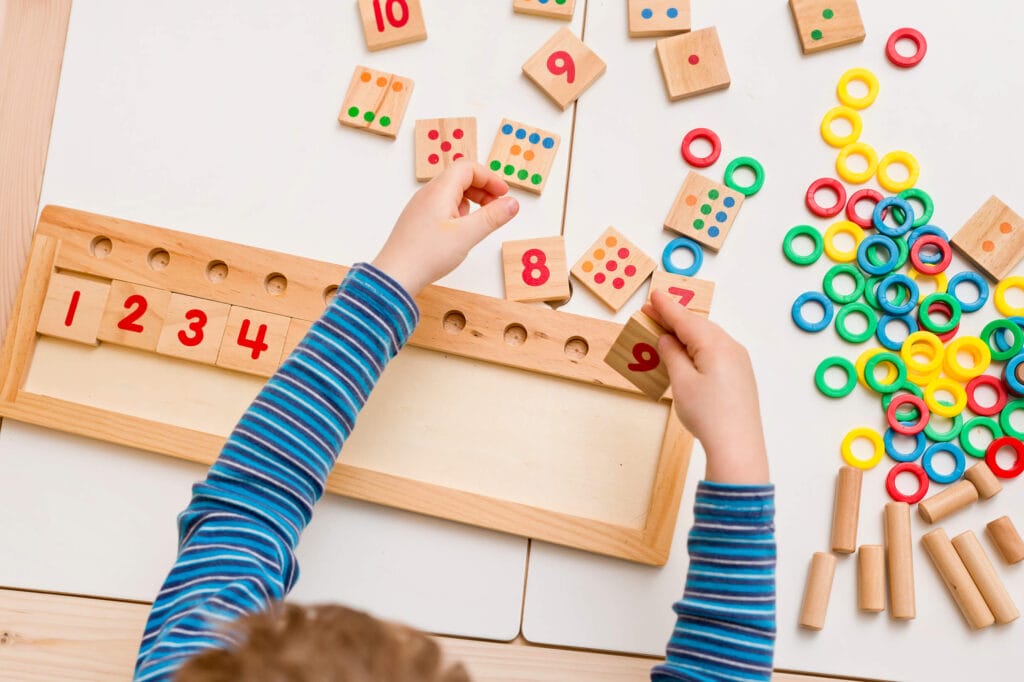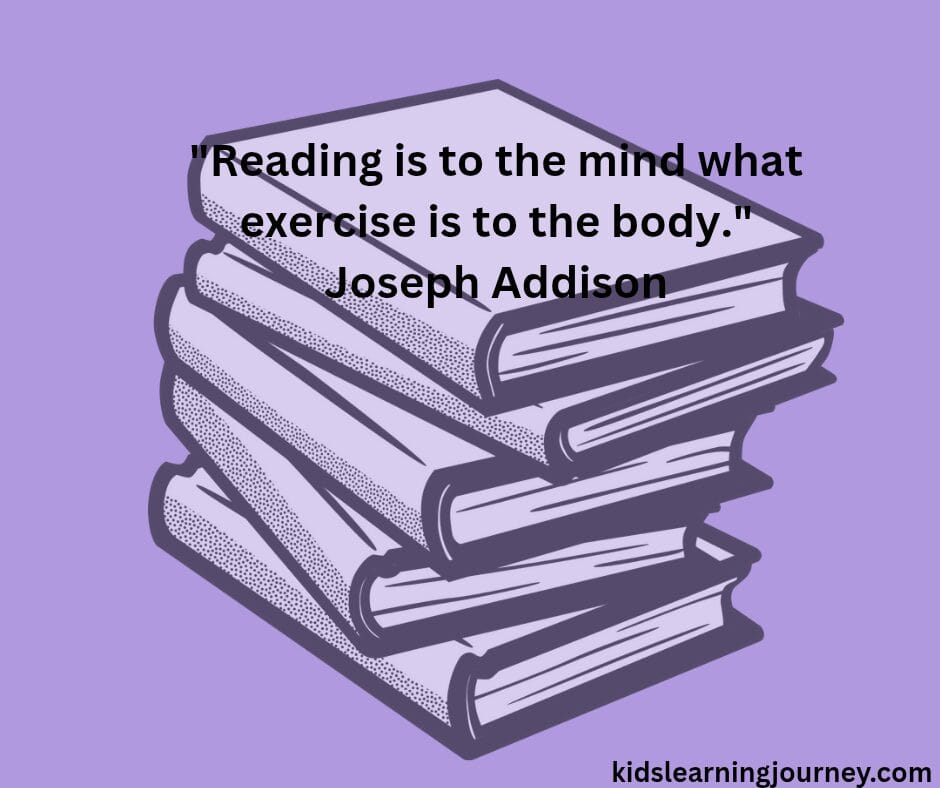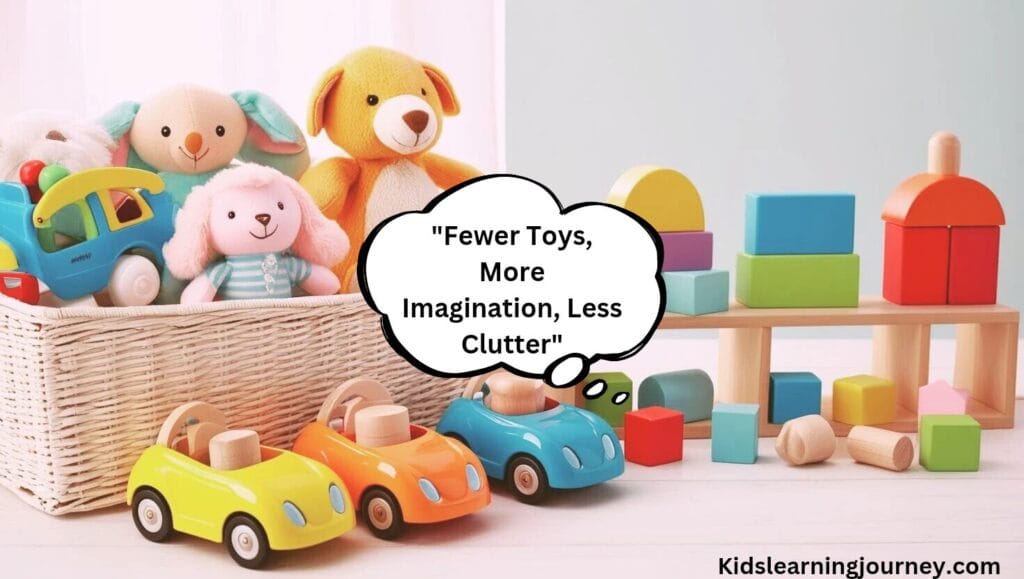Mathematics is one of the most important subjects children begin to explore during early education. For kindergartners, math is more than just numbers on a page—it is about recognizing patterns, identifying shapes, learning to count, and understanding how numbers connect to the real world. At this stage, the key to building strong math foundations is keeping learning fun and interactive.
That’s where math games for kindergarten play a vital role. They help children build problem-solving skills, develop logical thinking, and gain confidence while enjoying playful activities. Whether at school or home, games make math engaging and enjoyable.
In this article, we’ll explore the importance of math games, their benefits, different types, examples, and tips for parents and teachers.
Why Math Games Matter in Kindergarten
Many children see math as challenging, but introducing it through games turns learning into a positive experience. Instead of memorizing facts, kindergartners can engage with numbers naturally.
Benefits of Math Games for Kids:
- Boost Engagement: Children focus better when learning feels like play.
- Encourage Active Participation: Hands-on games involve movement, visuals, and creativity.
- Develop Confidence: Winning small challenges helps children feel successful.
- Promote Teamwork: Group activities teach collaboration and communication.
- Strengthen Memory: Repetition through play helps concepts stick naturally.
Free Educational Games for Kids: Fun Learning Made Easy
Core Math Skills Learned in Kindergarten
Before diving into game examples, it’s important to understand what math concepts kindergartners need to learn:
- Number recognition – Identifying numbers from 0–20.
- Counting – Counting objects, steps, or claps accurately.
- Basic addition and subtraction – Understanding “putting together” and “taking away.”
- Shapes and geometry – Recognizing circles, triangles, squares, and more.
- Patterns and sequencing – Identifying repeating sequences with colors, numbers, or objects.
- Measurement and comparison – Learning about size, weight, and length.
- Sorting and classifying – Grouping objects by shape, size, or color.
Math games are designed to strengthen these skills in enjoyable ways.

Types of Math Games for Kindergarten
1. Counting Games
Counting is a foundational skill. Games that involve dice, clapping, or hopping make counting enjoyable.
- Example: Roll and Count – Roll a die and count out that many blocks.
- Example: Clap and Count – The teacher calls a number, and kids clap that many times.
2. Number Recognition Games
Recognizing numbers helps children connect symbols to real-world quantities.
- Example: Number Bingo – Players match called-out numbers on their bingo cards.
- Example: Flashcard Match – Match number cards to pictures with the same number of objects.
3. Shape and Pattern Games
Shapes and patterns build geometry and logical thinking skills.
- Example: Shape Hunt – Kids search for circles, squares, and triangles around the room.
- Example: Pattern Builder – Use colored blocks to create repeating sequences.
4. Addition and Subtraction Games
Simple arithmetic games introduce problem-solving.
- Example: Domino Addition – Add dots on domino pieces.
- Example: Bowling Subtraction – Knock down pins and subtract the fallen ones from the total.
5. Sorting and Matching Games
Sorting objects sharpens observation skills.
- Example: Color Sort – Group toys by color.
- Example: Shape Sorter – Match wooden blocks with corresponding holes.
6. Memory Games
Memory games improve focus and recall.
- Example: Math Memory Match – Flip cards to find pairs (e.g., “4” and “🍎🍎🍎🍎”).
- Example: Find the Number – Hide number cards and let kids discover them.
7. Digital Math Games
Many online platforms and apps provide colorful, interactive learning.
- Example: Counting Apps – Tap objects to count along with animations.
- Example: Interactive Puzzles – Drag and drop numbers or shapes to solve challenges.
Fun Examples of Kindergarten Math Games
Here are some creative and easy-to-play math games:
- Hopscotch Numbers: Draw numbers on the ground. Kids hop to numbers in sequence.
- Scavenger Hunt Math: Ask kids to find 3 red toys, 2 circles, or 5 blocks.
- Math Board Games: Simple path games with dice help children practice counting.
- Card Addition: Draw two cards and add the numbers together.
- Cup Stacking Numbers: Number cups and ask kids to stack them in order.
- Math Musical Chairs: Play music, and when it stops, kids sit in a chair with a number. The teacher calls out math problems, and kids holding the right number win.

Classroom Math Games
Teachers can integrate math games into daily lessons:
- Calendar Math: Count days, identify dates, and discuss patterns.
- Shape Sorting Corners: Each classroom corner represents a shape; kids run to the correct corner when a shape is called.
- Math Relay Races: Teams race to solve simple math problems on the board.
- Counting Songs: Use rhymes like “Five Little Ducks” to mix music with numbers.
At-Home Math Games for Parents and Kids
Parents can support math learning outside school by turning everyday tasks into math practice.
- Grocery Store Math: Count apples or compare prices.
- Cooking Math: Measure flour, sugar, or milk together.
- Table Setting: Ask kids to place a certain number of forks and plates.
- Toy Sorting: Group toys by size or color.
- Outdoor Math: Count steps while walking or collect stones and compare sizes.
Digital and Online Math Games
Technology offers fun learning opportunities through apps and websites:
- Interactive Counting Apps – Kids tap objects to learn numbers.
- Shape Builder Games – Drag and drop shapes to create pictures.
- Puzzle Apps – Solve simple math puzzles with rewards.
- Math Adventure Games – Story-based games that include solving math problems to progress.
Parents should limit screen time while ensuring kids use high-quality educational apps.
Tips for Teachers and Parents
- Keep it Playful: Avoid turning games into strict tests.
- Use Visuals: Bright colors, pictures, and blocks help children understand abstract concepts.
- Celebrate Success: Small achievements build confidence.
- Rotate Games: Keep learning fresh by introducing new activities.
- Encourage Group Play: Develop social and teamwork skills through cooperative games.
- Balance Hands-On and Digital: Use both physical games and digital tools for variety.
Long-Term Benefits of Math Games in Kindergarten
- Improved Academic Performance: Early math success predicts future school achievement.
- Stronger Problem-Solving Skills: Children learn how to approach challenges logically.
- Confidence and Curiosity: Fun learning builds a love for math instead of fear.
- Better Social Skills: Group games encourage sharing, cooperation, and communication.
Conclusion
Math games for kindergarten transform early learning into an exciting adventure. Instead of memorizing numbers and formulas, children explore math through fun, play-based activities. From counting and number recognition to patterns and problem-solving, these games make learning interactive and joyful.
Whether in the classroom, at home, or online, math games create opportunities for children to build essential skills while having fun. By supporting young learners with engaging activities, teachers and parents lay the foundation for lifelong confidence and success in mathematics.



